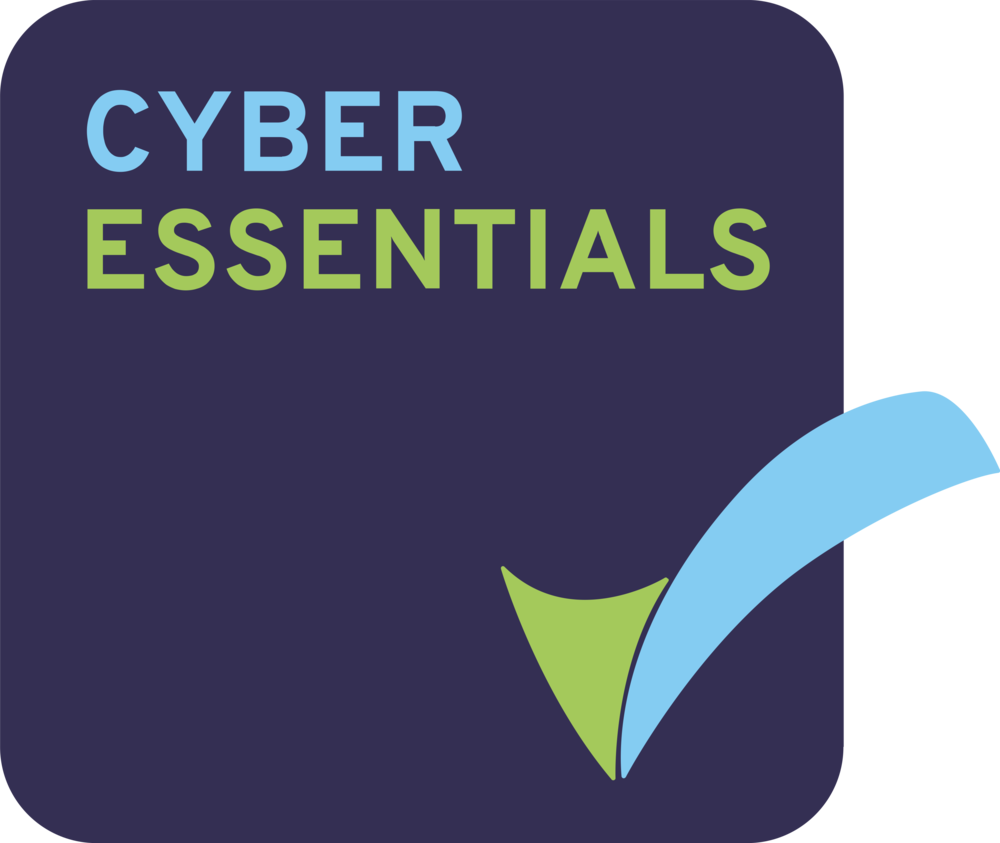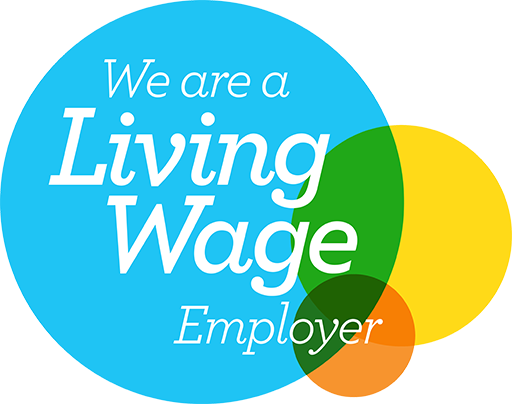After recruitment, you will want to equip your new volunteers with practical help and assistance to make sure their volunteering experience is a positive and productive one for all concerned. Some excellent ways of achieving this are listed below:
5.6.1 Volunteer Agreement
A volunteer Agreement usually sits alongside a role description and volunteer policy and is generally divided into two key sections: responsibilities of the organisation and of the volunteer. A Volunteer Agreement is not a legally binding contract but it can be useful to make clear what the volunteer can expect from the organisation and what, in turn, the organisation expects from the volunteer. If possible, organisations should adapt their generic volunteer agreement for each volunteer role. You should also look to review your Volunteer Agreement on a regular basis to make sure it stays relevant.
5.6.2 Volunteer Handbook
Many volunteers appreciate having a volunteer handbook that explains their role, how their contributions relate to the organisations key objectives and “how do I?” answers. If you are a larger organisation with volunteers in various departments and locations a handbook if a good way of giving generic information that is not role specific such as your code of conduct, communication, volunteer support, information on your organisation services and general things volunteers need and want to know. Volunteer handbooks are a nice way of amalgamating your policy documents and procedures into a user friendly guide for volunteers.
5.6.3 Volunteer Induction
A volunteer induction is a way of giving volunteers all of the information they will need to perform their volunteering role. Depending on the size of your group or organisation and the type of volunteering role the induction could be a one to one meeting, a group session or even something that can be completed remotely or over a longer period of time. It is completely up to you and what you think your volunteers need. It may be that all of your information is in a volunteer handbook and you use this as the main source of information for your induction or you may decide to create an induction pack with all the information volunteers may need. A checklist can be beneficial with content relevant for your organisation or group leaving a space for the volunteers name, a signature and date.
You could keep these completed checklists in the volunteer’s personal file as evidence of their training and support.
5.6.4 Training
Some volunteering roles may require mandatory training such as First Aid training or roles such as befriending, mentoring or counselling may need very specific training prior to starting the role. It may be possible to deliver this training as part of the induction process but will depend on your individual requirements as an organisation.
Ongoing training helps keep volunteers up to speed on the latest information and techniques required for their role. Volunteers may be looking to increase their prospects through volunteering. It is recommended where possible to offer as much training as you can and to make it as inclusive as possible depending on budget and time constraints. A volunteer may not need First Aid training as part of their current role but it may be of personal benefit to them and offering training to all of your volunteers where possible shows that your organisation is inclusive and able to tailor training needs to each volunteer on an individual and personal level.
5.6.5 Regular Reviews
Supporting your volunteers through regular review sessions lets the volunteer know they are valued and that support is at hand. You are best placed to decide how often you hold review sessions and this could be driven by the level of support a volunteer requires or the level of complexity, responsibility or difficulty of their volunteering role. Holding regular review sessions can help pre-empt any difficult situations arising and will give you an opportunity to discuss how things have been going since your last review, whether the role is still suitable and challenging and if there are any progression options. Some questions you may want to discuss during a review meeting could include:
- Is there any support required to enhance their experience?
- Is there any training that would be beneficial to the current role or personal development?
- Suggestions to improve services
You may want to record key points of the support session, drawing on comments made by both the volunteer and supporter, and agree on any action to be taken, with timescales if appropriate.
5.6.6 Managing Challenging Situations
The problem solving process should be covered with volunteers as part of the induction process along with any other relevant policies. If volunteers are clear of the boundaries for their role it can often avoid misunderstandings from the start. Having a clear process also shows that you will be consistent when dealing with any complaints and you will make sure that volunteers are treated fairly and with respect. All complaints should be dealt with openly, fairly and quickly to protect volunteers, staff, service users and other volunteers. Volunteers should be aware of the potential action that could be taken if there is a breach of these policies.
here are three areas where a managing challenging volunteer situation process can be applied:
- Capability: a volunteer’s ability to undertake the role
- Performance: how well a volunteer is performing the role
- Conduct: behaviour when taking part in volunteering.
You can deal with issues using an informal or formal approach. Informal procedures aim to resolve behaviour or performance that gives cause for concern as soon as possible. An informal approach may be considered in the first instance to resolve an issue however always refer to your grievance policy for guidance. If it is not possible to resolve issues using informal procedures then a more formal process can be used to manage the situation. In some cases if the issue is more serious, for example gross misconduct, then the formal process should begin sooner.
5.6.7 Positive Endings
Sometimes a volunteering role is for a limited time or alternatively a volunteer may decide it is time to finish their commitment to your organisation. When volunteers leave it is important that they are given the opportunity to reflect on their time with your organisation and for your organisation to receive feedback on their experience. Creating an environment where people can talk freely about their experience will encourage volunteers to engage in this process. You may consider an exit meeting with the volunteer or alternatively you may decide that asking volunteers for their feedback in a more neutral way by completing a questionnaire or feedback survey would be more appropriate.
5.6.8 Engaging young volunteers
Many organisations are apprehensive about engaging young volunteers. VSGWL fully supports and encourages organisations to engage young volunteers. There may be some roles that are not suitable for volunteers under the age of eighteen but most roles will be suitable and you may be discriminating against young people if you do not offer them the opportunity to fulfil these roles. There are a huge amount of young people interested in volunteering and they can bring a wealth of talent and fresh ideas to your organisation. Some things to consider prior to engaging young volunteers are:
- Insurance – Your insurance provider should be able to confirm or amend your policy to include younger volunteers at no or little extra cost.
- Parental Consent – You may need to ask for parental consent if volunteers are under the age of 18 years old and this will be a requirement for volunteers under the age of 16 years.
- Flexible approach to volunteering – Young people may not be able to commit to long stretches of volunteering so take the opportunity to review your roles and commitment criteria to ensure you are being as flexible as possible.
- PVG – Under the PVG legislation, a child is under the age of 18. The type of work and the supervision structure of your organisations will determine your PVG requirements for young volunteers. Volunteer Scotland will be happy to discuss any aspect of involving young volunteers and can be contacted on Disclosure Services helpline 01786 849777
Working rules for 16 – 18 year olds https://www.citizensadvice.org.uk/work/young-people/young-people-and-employment/ These rules should apply to volunteers as well as paid staff.
Some more detailed guidance and example policies can be found in our Resource Library


